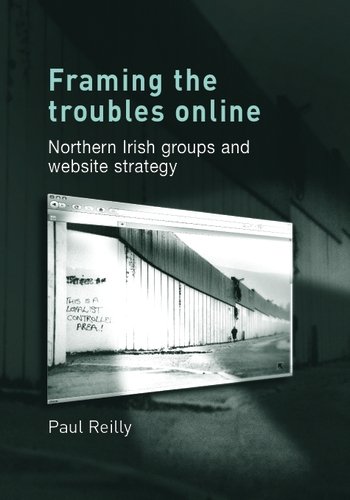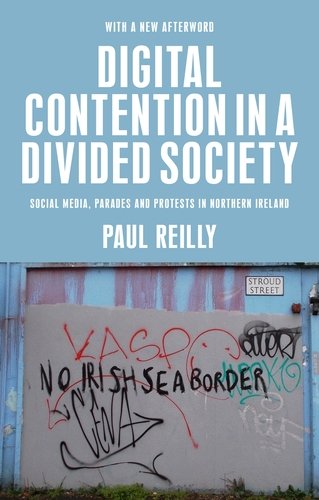Framing the Troubles Online
Northern Irish groups and website strategy

Can the Internet really make a difference for groups who wish to either support or challenge a peace process? This book explores the ways in which civil and uncivil groups in Northern Ireland use the Internet during a period of conflict transformation, with a particular emphasis on their framing of their positions in respect of the acceptability of political violence and their attitudes to the peace process. In this way it represents the first comparative study of how Loyalist and Republican ideologies are projected in the online sphere. The book considers whether there are any qualitative differences between the online framing of terrorist-linked groups and the constitutional parties in the region. These research issues are addressed through the analysis of Loyalist and Republicans websites in 2004 and 2005, a period before the advent of Web 2.0 in which these websites were the only visible presence of these actors in cyberspace. The book concludes by considering the implications of these website strategies for community relations in Northern Ireland today. The websites of rival residents' groups are examined to determine whether the Internet is a safe environment in which these groups can foster better cross-community relations, and perhaps even bridging social capital, across sectarian interfaces. This book will be of interest to students and scholars of political communication, Northern Ireland, the Internet and civil society. -- .

